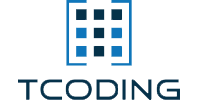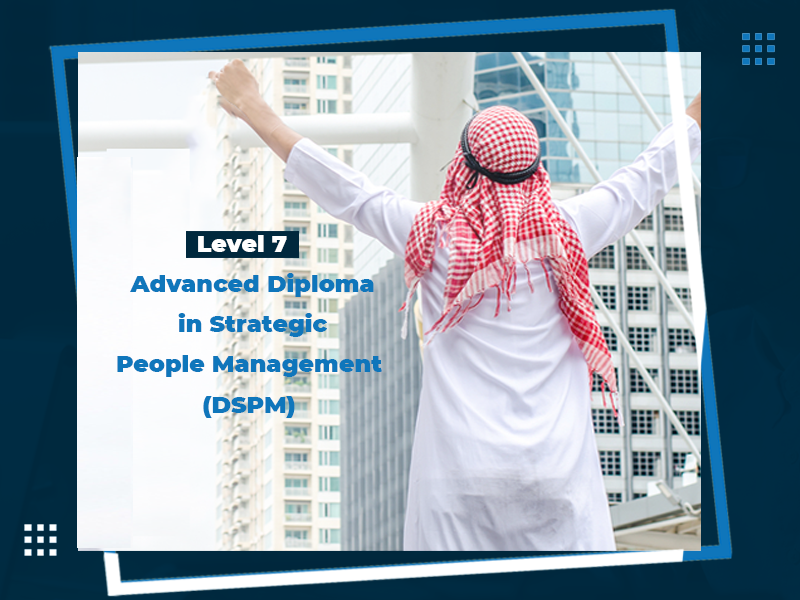CIPD Level 7 Advanced Diploma in
Strategic People Management (DSPM)
The CIPD Level 7 Advanced Diploma in Strategic Learning and Development further extends the disciplines and scope learned in the CIPD Level 5 Associate Diploma in People Management and is aimed at intensifying learners’ autonomy and judgment so that they can strategically lead and direct organisations and their people. It offers the opportunity for learners to influence people practitioners and organisations.
Course Content & Delivery
Block 1
On completion of this unit, learners will:
- Understand ways in which major, long-term environmental developments affect employment, work and people management in organisations.
- Understand current and short-term developments in the people management business environment.
- Understand how change, innovation and creativity can promote improvements in organisational productivity.
- Understand the key interrelationships between organisational commitment to ethics, sustainability, diversity and well-being.
On completion of this unit, learners will:
- Understand the benefits of aligning people practices with organisational strategy and culture.
- Understand how the development of people practices improve organisational performance and employee experience.
- Understand current practice in major areas of people management and development work.
- Understand the role and influence of people professionals in different organisational settings.
Block 2
On completion of this unit, learners will:
- Be able to model principles and values that promote inclusivity aimed at maximising the contribution that people make to organisations.
- Be able to achieve and maintain challenging business outcomes for yourself and organisations.
- Be able to apply learning to enhance personal effectiveness.
- Be able to influence others during decision-making while showing courage and conviction.
On completion of this unit, learners will:
- Be able to plan a people practice business research project aimed at adding organisational value.
- Be able to justify the most appropriate research methods to collect data for the chosen project.
- Be able to analyse data to make decisions and provide business and people management insights.
- Be able to propose recommendations based on conclusions derived from the research and analysis.
Block 3
On completion of this unit, learners will:
- Understand different perspectives on employment relations and how they influence the roles of people professionals and line managers.
- Understand how external institutions can shape employment relations at organisational level.
- Understand how people professionals can work with employees and trade unions to sustain mutuality and voice.
- Understand how people professionals work with employees and trade unions to mitigate organisational risks.
On completion of this unit, learners will:
- Understand the impact of the changing business environment on resourcing and talent management strategy and practice.
- Understand organisational recruitment and selection strategies.
- Understand the importance of succession planning to support sustainable organisational performance.
- Understand approaches to improving individual and team performance.
Block 4
On completion of this unit, learners will:
- Understand effective reward strategies and policy frameworks.
- Understand the value of a ‘total rewards’ approach.
- Understand pay structures and approaches to establishing pay levels.
- Understand the importance of organisational approaches to compliant and ethical reward practice.
On completion of this unit, learners will:
- Understand how major strategic and contextual forces shape the management of people in international organisations.
- Understand how and why people management practice varies between different countries and regions across the world.
- Be able to manage staffing and employment practices in international Organisations.
- Understand effective and sustainable people management activities in international contexts.

